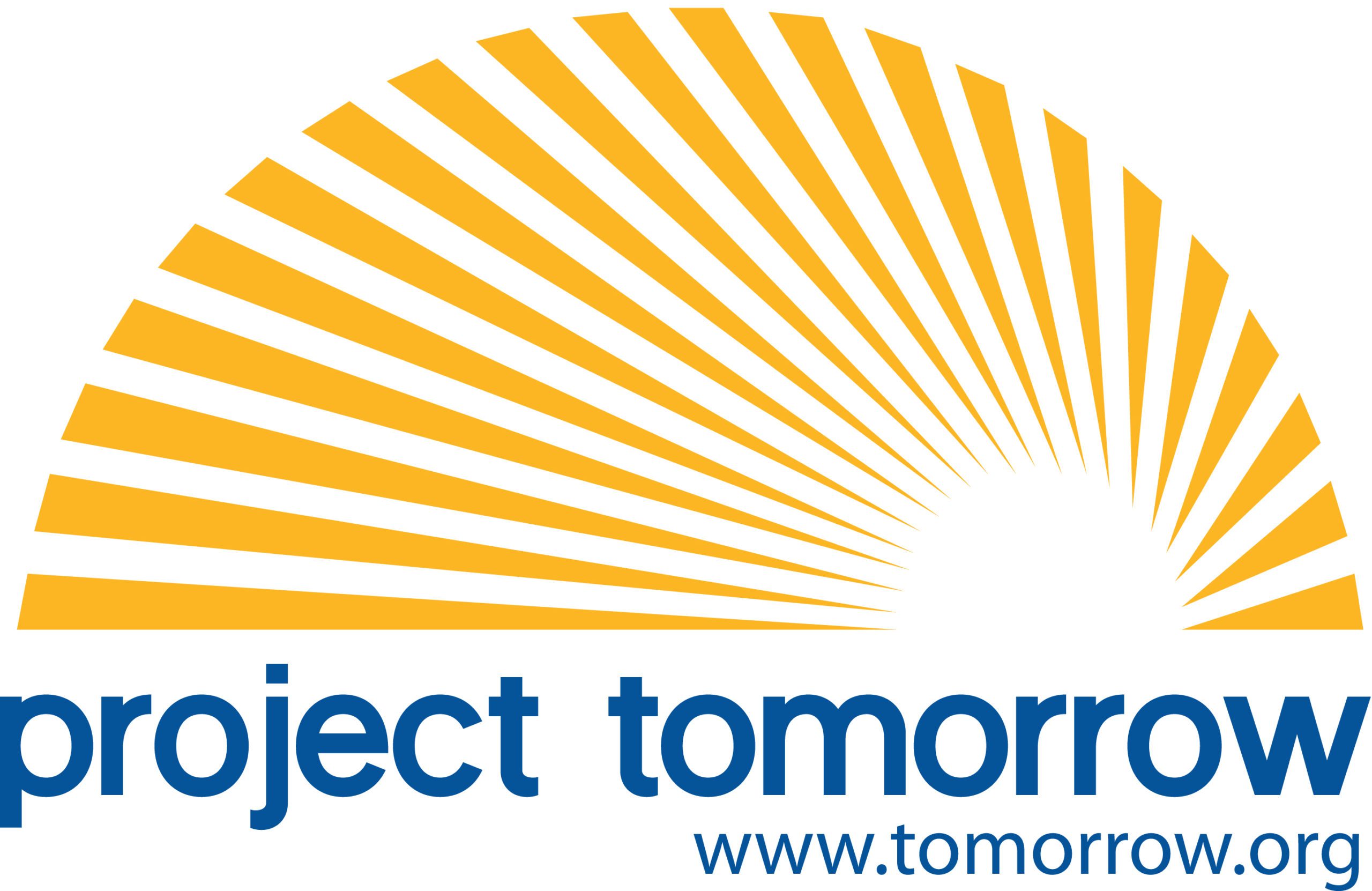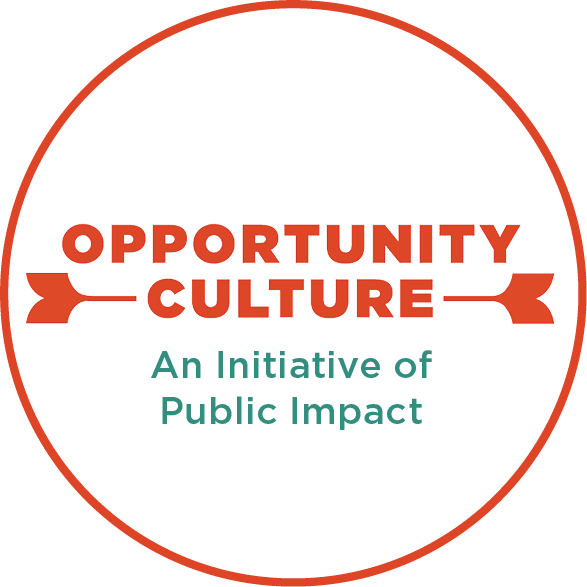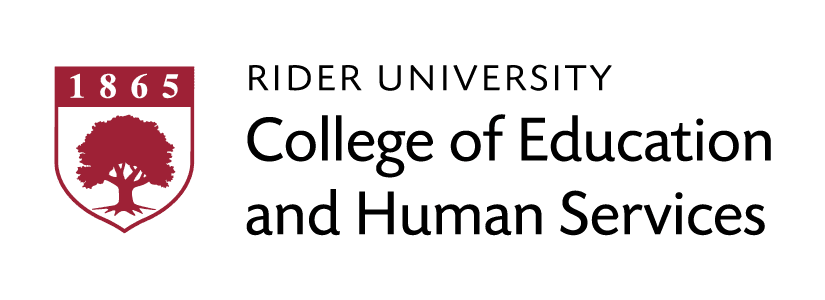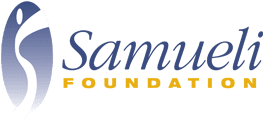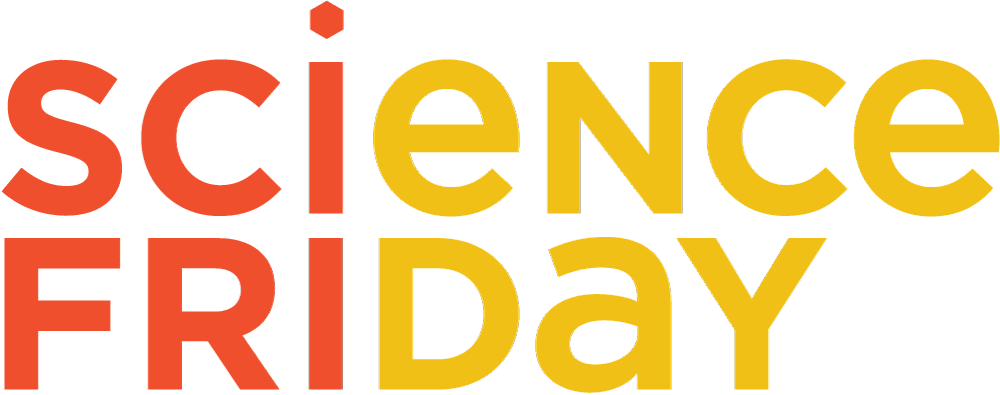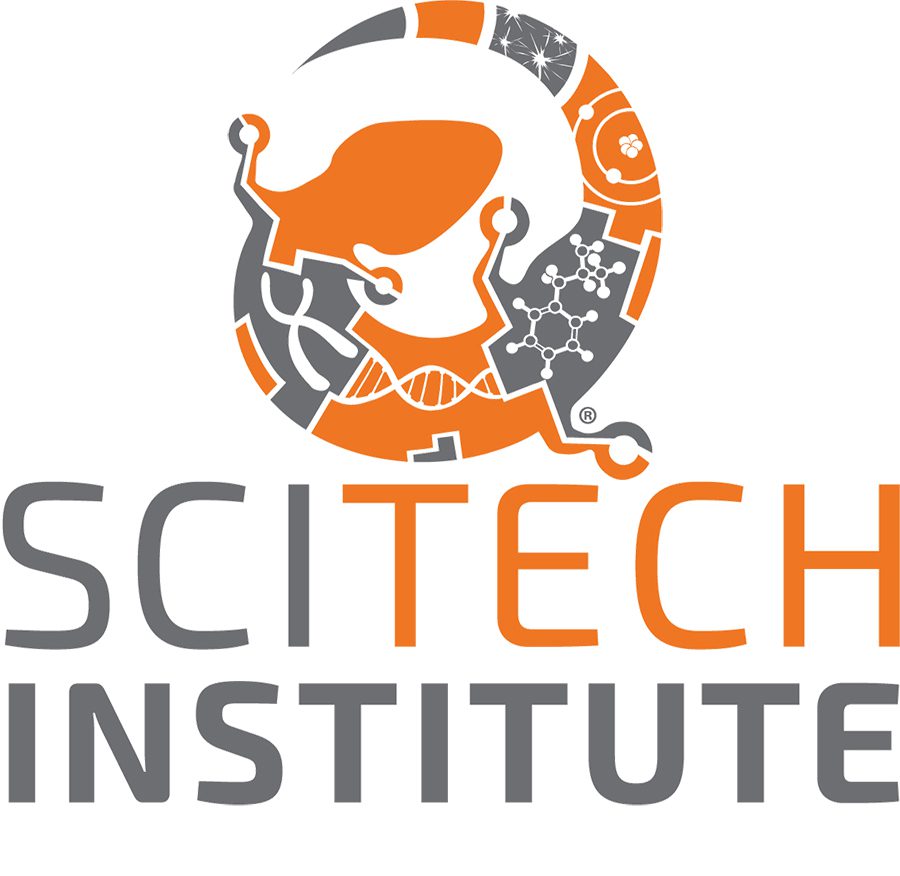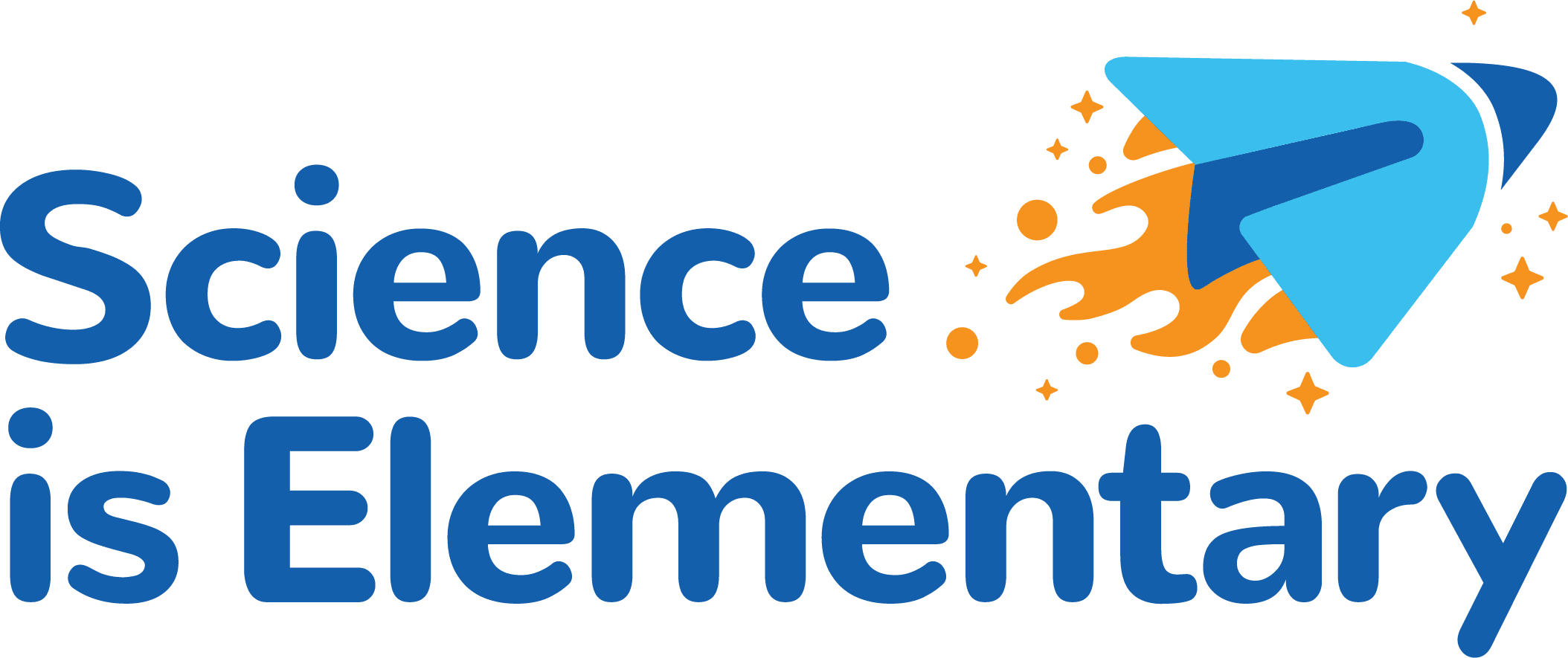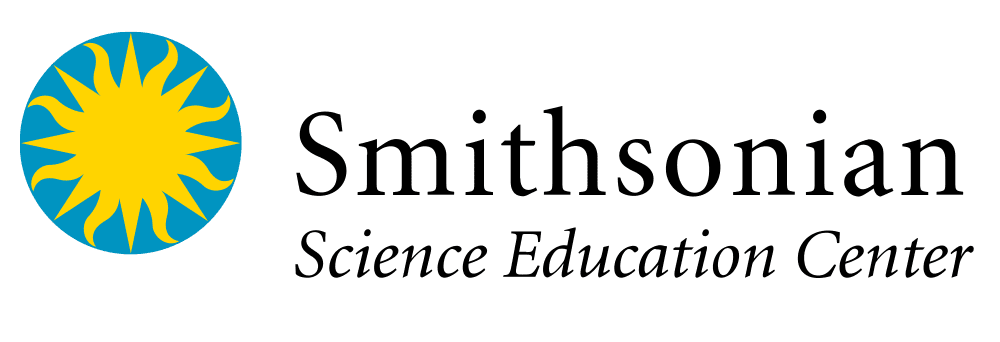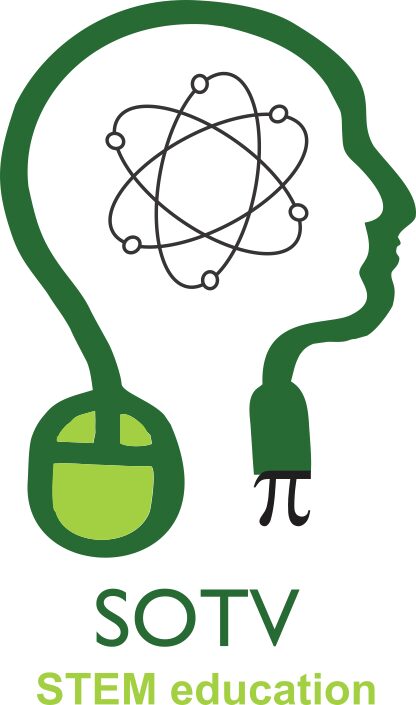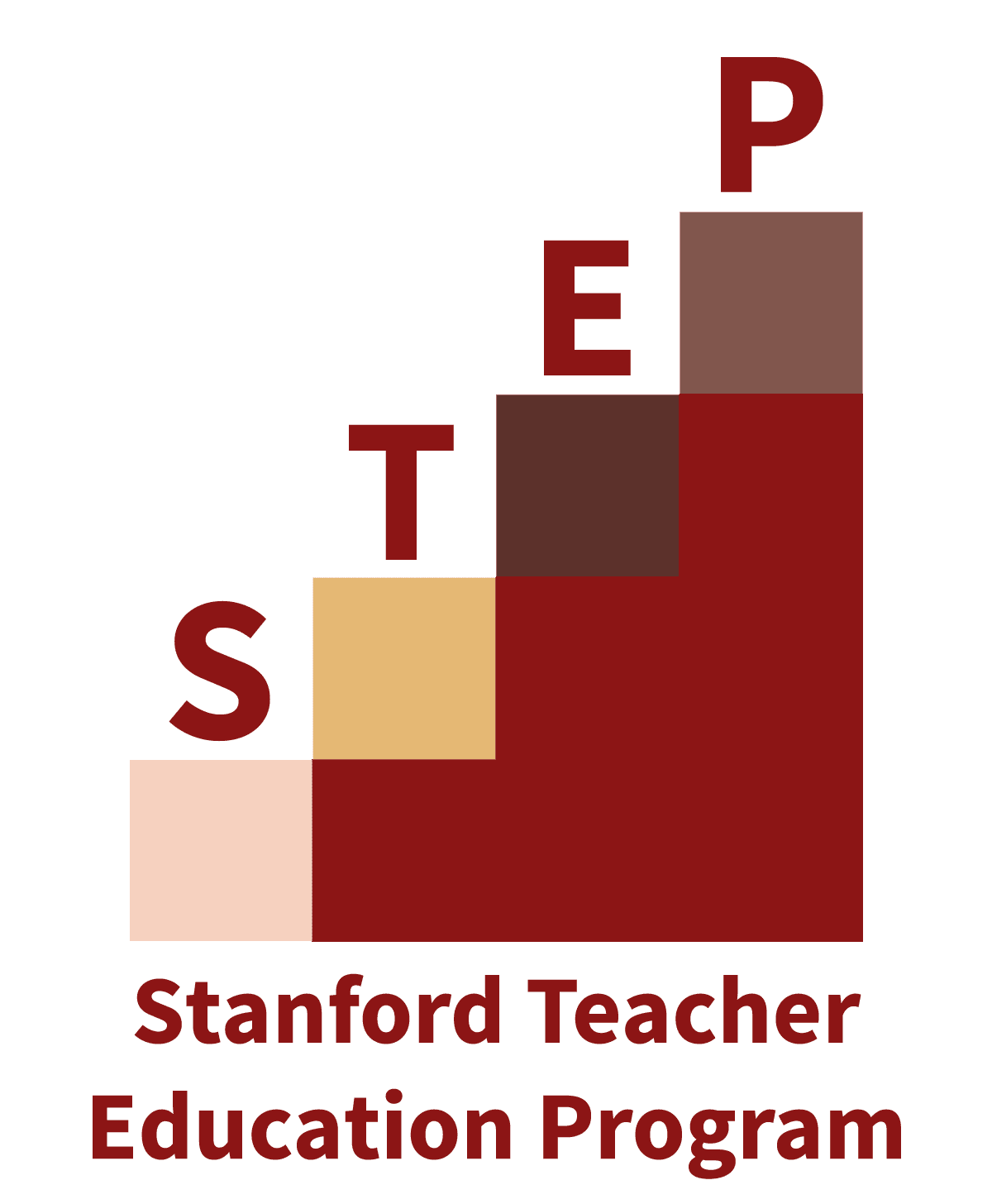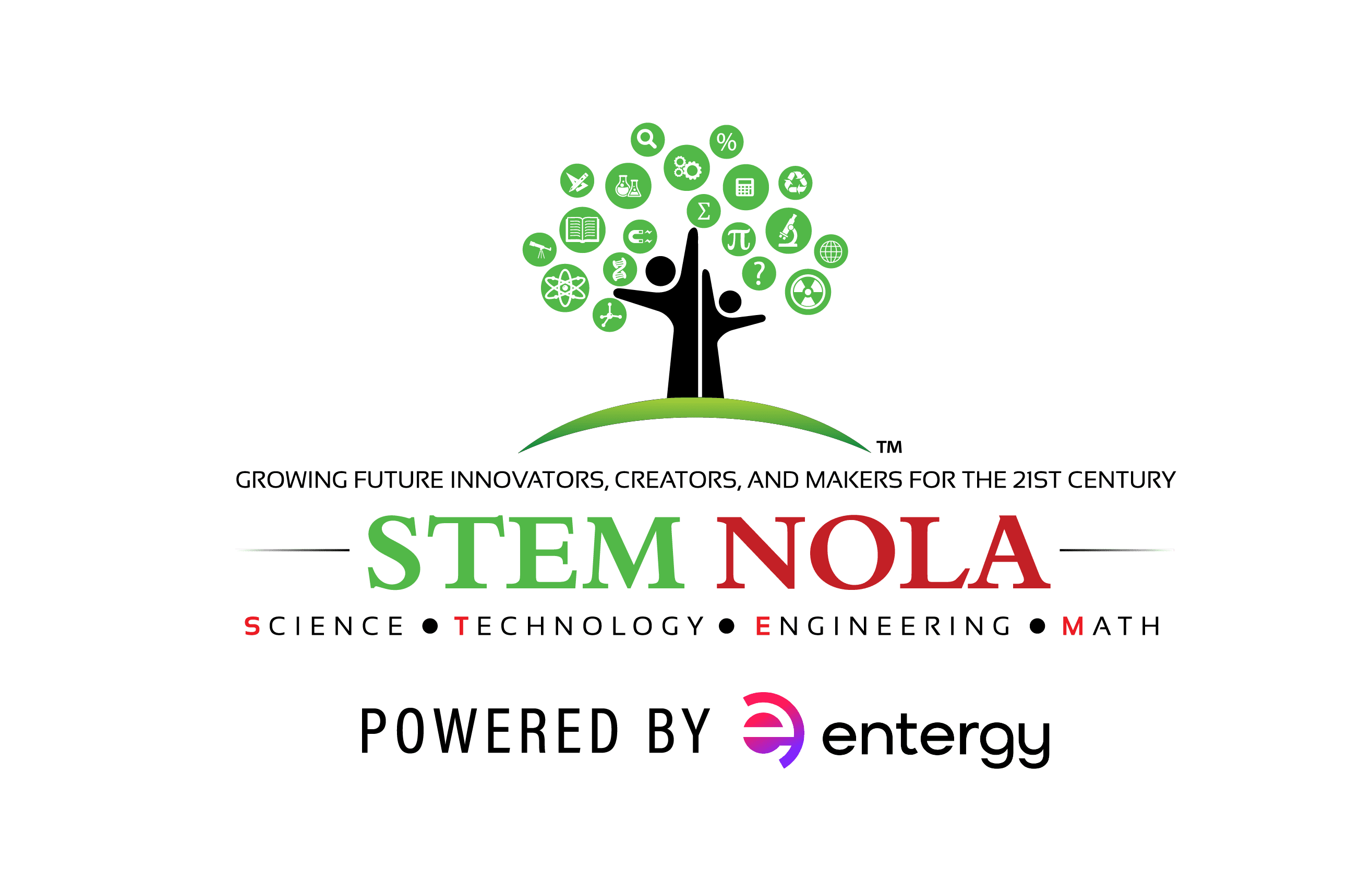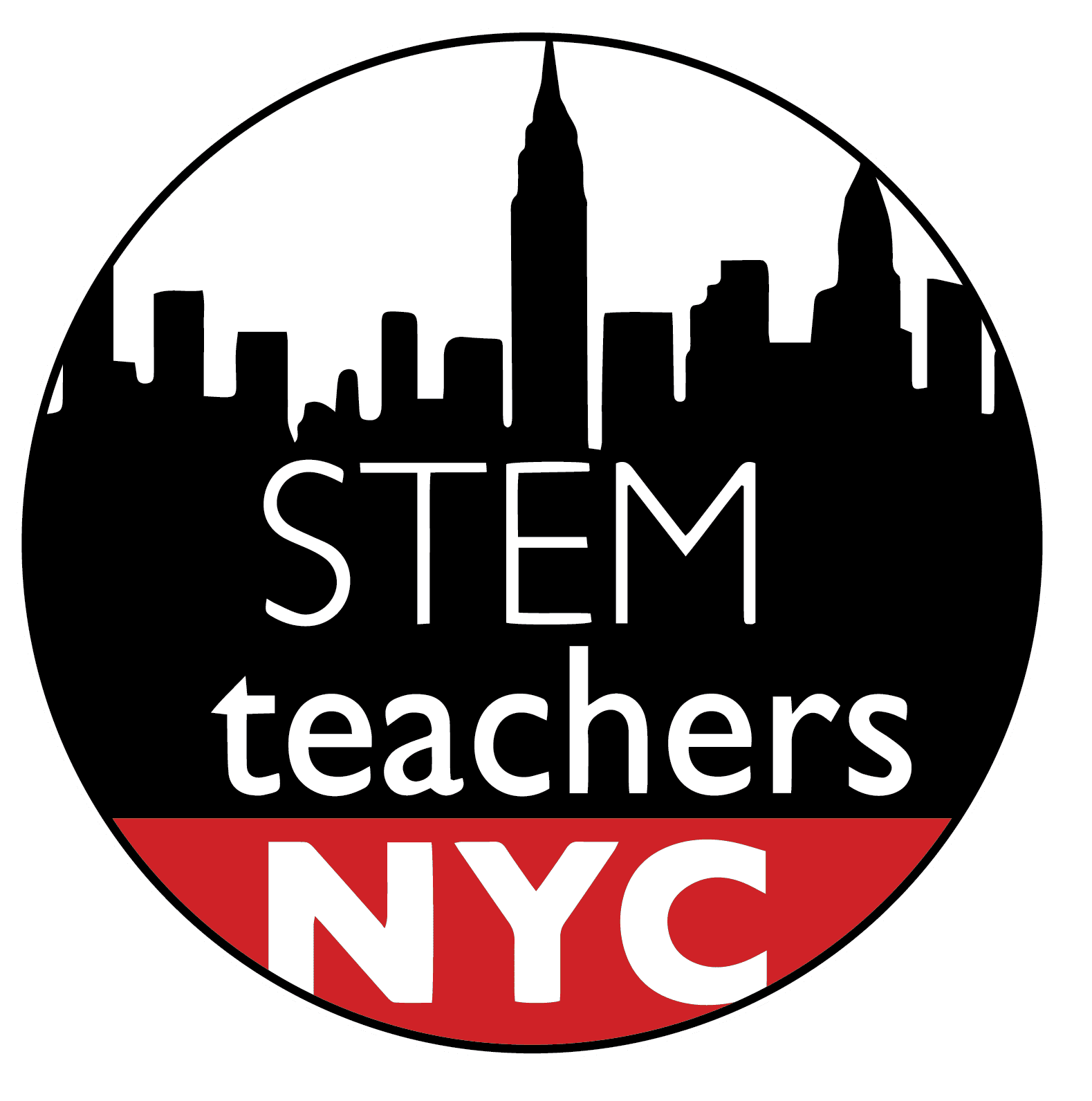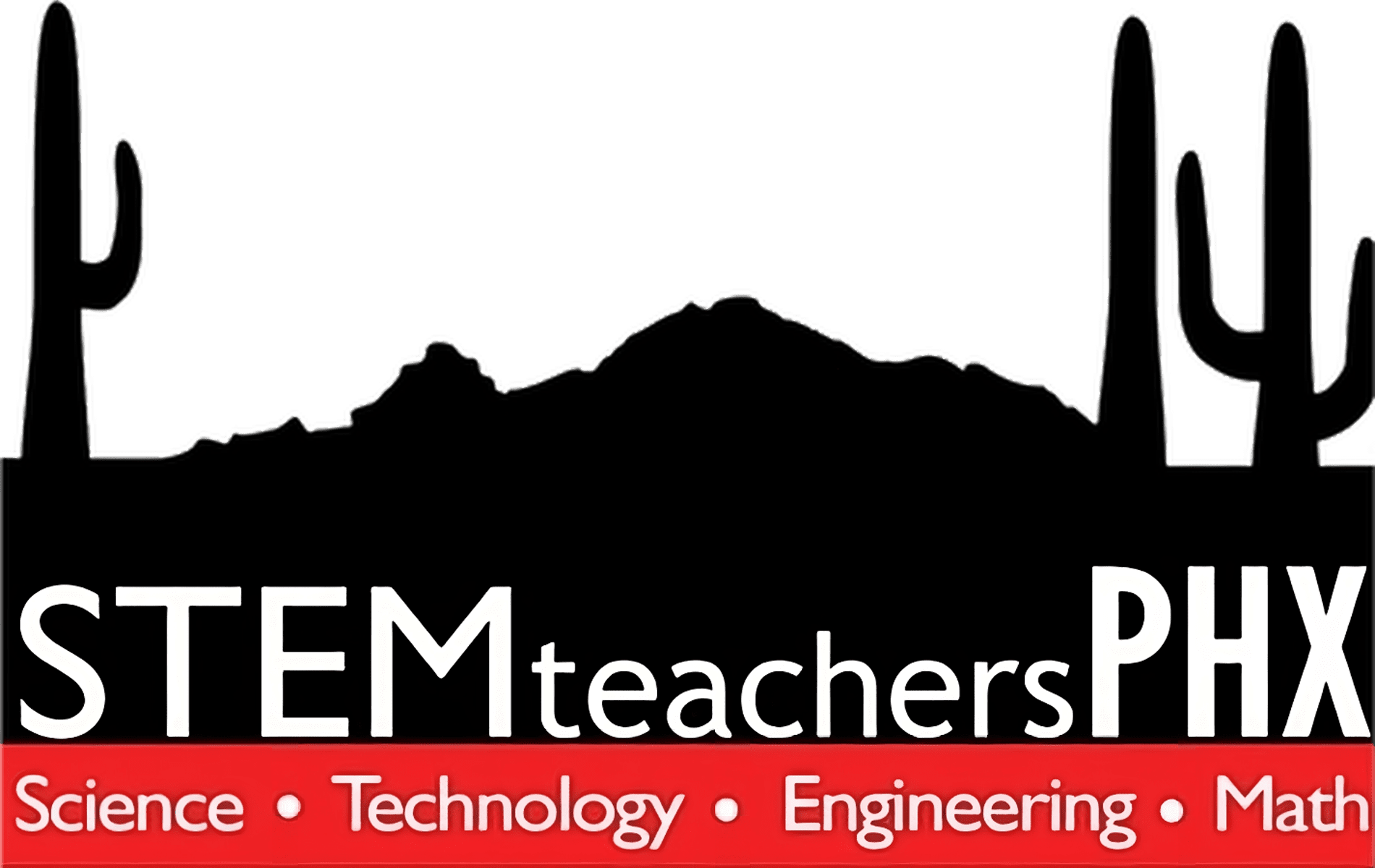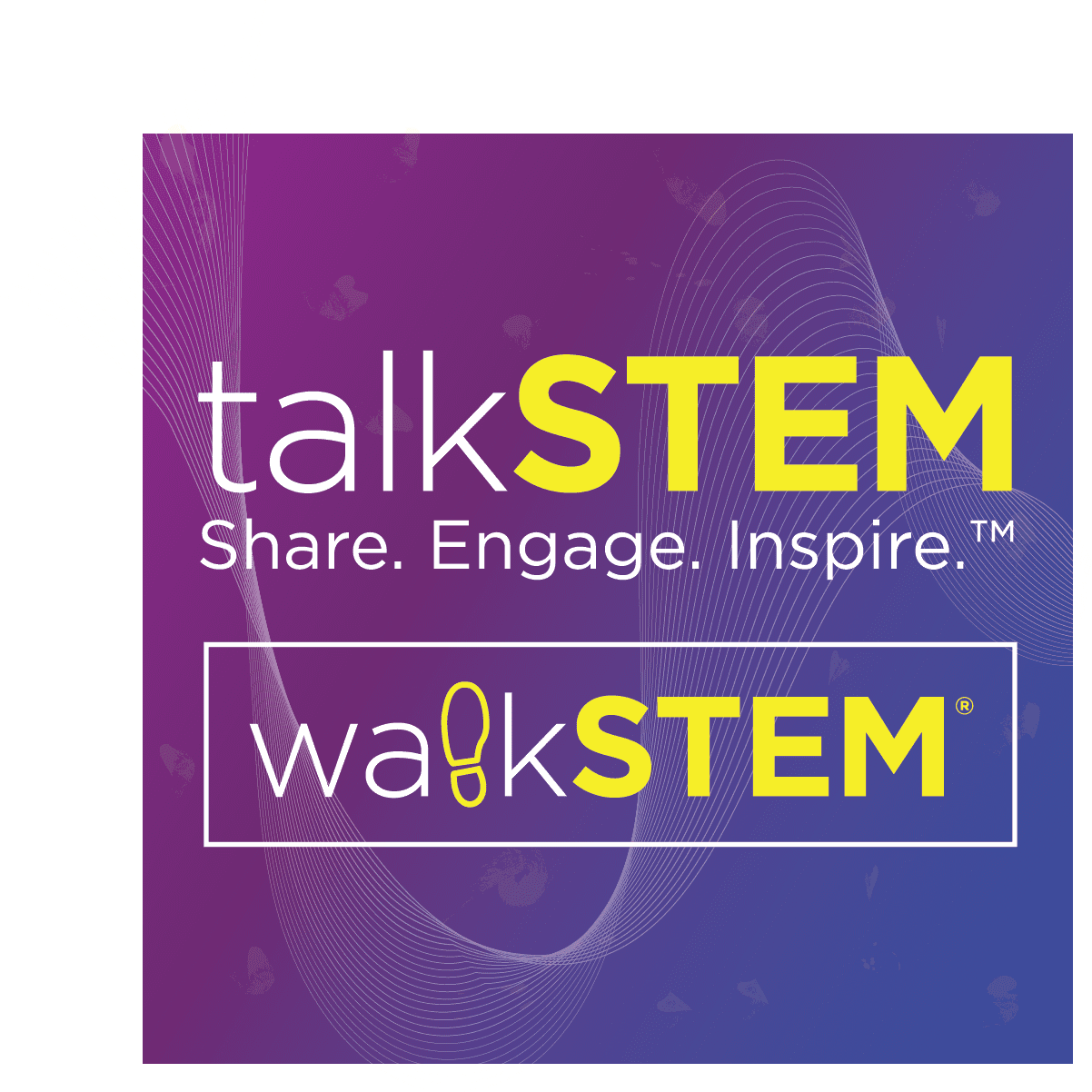Our Journey
In the last decade, we successfully prepared over 100K new STEM teachers who have helped strengthen and improve the field and our world. Over the next decade, we are looking to build on that progress by preparing and retaining 150K new STEM teachers who increasingly mirror the diversity of their school community, especially for schools serving majority Black, Latinx, and Native American students. We’lll support our network to foster workplaces and classrooms of belonging so that everyone we reach can see a path for themselves in STEM. And in the decade after that, we are hopeful that our commitment to this work will solve the STEM teacher shortage once and for all.

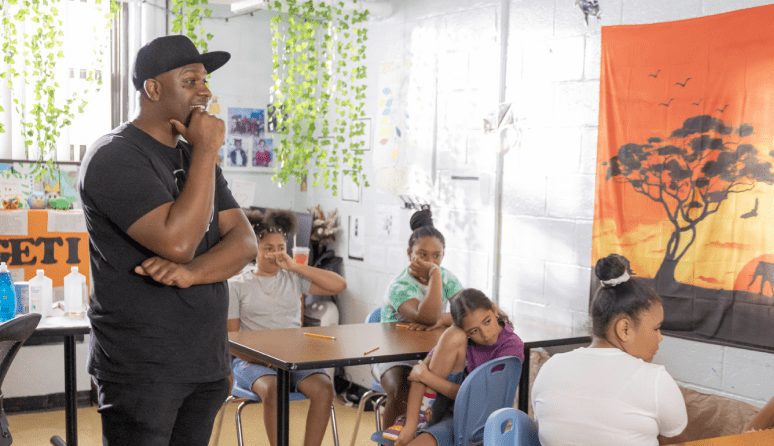
Our Journey and where we’re headed:
100Kin10
In 2011, we took up a call by President Obama to prepare 100K STEM teachers in 10 years alongside 28 partner organizations. By 2021, 300 organizations worked collectively to surpass our shared goal and we prepared nearly 110K excellent STEM teachers to the field. We did this by focusing our radical collaboration on:
Building a Network
of Diverse Stakeholders
Creating a Map of the System
Building tools for Making Progress
We support partners to succeed at their commitments and tackle the systemic challenges revealed by the map.
Collectively We Advance the Field
In 2021, Bellwether Education Partners conducted a third-party evaluation of our impact. They found that the network spurred five major advancements in STEM teaching and learning:
BETTER RECRUITMENT: 100Kin10 prep programs used improved strategies to recruit highly qualified STEM teacher candidates
IMPROVED PREPARATION: More STEM teacher candidates have access to evidence-based STEM preparation via 100Kin10 partners
EXPANDED EARLY STEM: 100Kin10 partner programs have increased emphasis on preparing and supporting elementary teachers with STEM skills, and in particular foundational math
ENHANCED PROFESSIONAL DEVELOPMENT: More teachers have access to quality STEM professional growth and collaborative work environments via 100Kin10 partners
MORE AUTHENTIC STEM: More teachers and students have access to meaningful, authentic, and rigorous STEM learning via 100Kin10 partners
GRAND CHALLENGES
The future of our country depends on today’s students becoming tomorrow’s innovators. We believe that young people have infinite potential and that when that potential is nourished in STEM classrooms, they will bring to life out of this world solutions to our biggest challenges. This is why we must tackle the underlying causes of our nation’s shortage of excellent STEM teachers. So we identified the 100 challenges to preparing and retaining great STEM teachers and created a roadmap that points the way toward transforming STEM education.
THE UNCOMMISSION
In 2021, nearly 600 young people shared their K-12 STEM experiences through a diverse, participatory storytelling effort called the unCommission. We knew their input was critical in order to identify action-ready considerations for the future of STEM learning and opportunity. Now, their voices are guiding our next chapter and goal on this journey to end the STEM teacher shortage with equity, representation, and belonging at the center of this work.


Our Next Shared
GOAL
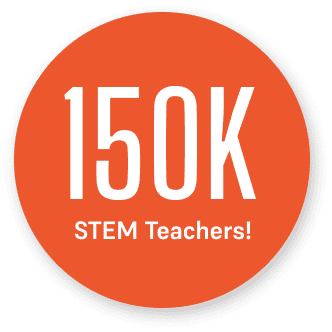
OUR NEXT SHARED
GOAL
STEM has never been more important to our future.
The people who will cure cancer and dementia, desalinate water, help us avoid future pandemics and solve challenges unknown or invisible are in our nation’s classrooms today. And, we cannot solve these challenges without ensuring those most under-represented in STEM are centered in the work ahead.
To achieve our next shared goal, we are relaunching and growing our network with an explicit focus on Black, Latinx, and Native American teachers and students. In order for students to succeed in STEM, they need to feel that they belong in STEM classrooms and careers. That’s why we’re preparing and retaining 150K teachers in STEM, with an explicit focus on creating a sense of belonging and equity in our classrooms, and beyond. And we cannot wait for you to join us.
Change requires all of us.
Radical collaboration among change-makers across industry and sector is the only way to effect real progress and move our world forward. Our role is to mobilize our network with a focused strategy, clarity of purpose, and vision for achieving change.
Together we can make momentous change in our world.
Project Tomorrow
Commitment
By 2027, Project Tomorrow will support 2,200 elementary teachers in the development of their competency, comfort and confidence in the integration of STEM problem solving strategies, notably computational thinking, across their curriculum and utilizing culturally responsive practices to enable a greater sense of belonging for Black, Latinx and Native American students. We believe that proficiency in computational thinking is an essential literacy for all students, regardless of home zip code or family heritage. Contextualizing computational thinking with a greater awareness of cultural identity in the classroom will help teachers individualize instruction and meet students’ needs. The result will be increased student self-efficacy and the development of sustainable learning skills that will help the students successfully navigate middle and high school. Project Tomorrow will achieve these results in partnership with high need schools serving Black, Latinx and Native American students in New York City, Michigan, Kentucky and California.
Public Impact - Opportunity Culture Initiative
Commitment
By 2027, Public Impact’s Opportunity Culture initiative will at least double the number of highly paid advanced roles for STEM teachers, including Multi-Classroom Leader positions to provide 1,000 opportunities for STEM teachers. 75% of the highly paid advanced roles we add will be in schools serving a majority of Black, Latinx, and/or Native American students. The positions help keep excellent STEM educators in the profession by giving them a way to advance in their careers and earn more, while continuing to teach.
By 2027, Public Impact’s Opportunity Culture initiative will at least double the number of highly paid advanced roles for STEM teachers, including Multi-Classroom Leader positions to provide 1,000 opportunities for STEM teachers. At least 40% of those holding the highly paid advanced roles we will add will be Black, Latinx, and/or Native American teachers. The positions help keep excellent STEM educators who identify as Black, Latinx and/or Native American in the profession by giving them a way to advance in their careers and earn more, while continuing to teach.
Public Impact’s Opportunity Culture initiative will supply the Beyond100K Network and the broader field with information, tools, and resources to help school systems create highly paid advanced roles for STEM teachers, including Multi-Classroom Leader positions. The positions help keep excellent STEM educators in the profession by giving them a way to advance in their careers and earn more, while continuing to teach. Public Impact will compile information, tools, and resources on creating highly paid advanced roles for STEM teachers and disseminate these tools to the network and the field. These tools will be highly relevant to schools serving a majority of Black, Latinx, and/or Native American students. Currently, more than 90% of schools using these models are Title I eligible. Public Impact will compile information, tools, and resources on creating highly paid advanced roles for STEM teachers and disseminate these tools to the network and the field. These tools will help the field retain more Black, Latinx, and Native American STEM teachers by offering well-compensated career advancement opportunities that allow them to support other educators and reach more students.
Reach University
Commitment
By 2027, Reach University aims to train nearly 5,000 teachers that identify as BIPOC with nearly half of these 5,000 educators serving in STEM classrooms.
To foster belonging in our program, Reach University will add a program learning outcome that ALL aspiring educator candidates will be immersed in the tenets of equity in teaching (inclusion and belonging).
Relay Graduate School of Education
Commitment
By 2027, Relay commits to preparing an additional 3,000 STEM teachers via our high-quality Master’s degree and certification programs. We strive for over 60% of our teaching candidates to self-identify as a person of color. We will reach these metrics by forging new partnerships with PreK-12 schools across the country in addition to joining collaborative networks such as Beyond100K. We will continue to innovate on our current program offerings to ensure we expand the number and diversity of the STEM teachers across our Relay Teaching Residency program, Master of Arts in Teaching program, and Alternative Certification pathways. Relay commits to ensuring that all of our teaching candidates are able to serve PreK-12 students from all backgrounds by building on our culturally responsive teaching practices. We strive to ensure our teaching candidates reflect the students we serve and over 60% of Relay teaching candidates self-identify as a person of color. While we pride ourselves on the diversity of our teaching cohort, we know that our DEIA work is not done. In AY2022-23, we will launch an updated curriculum that is rooted in culturally responsive teaching as a foundation for all Relay coursework. We commit to having 30% of Relay teaching candidates enrolled in this updated, more culturally responsive curriculum in AY2022-23, and 100% engaging in this updated curriculum in AY2023-24.
Rider University College of Education and Human Services
Commitment
By 2027 Rider will prepare 250 STEM teachers, 24% who identify as Black, Latinx or Native American. To do this, Rider is creating a new specialization in STEM teaching. Our graduates work in a variety of schools in the nation. Our program includes elements that address diverse student populations and all candidates receive placements in a variety of districts as part of the program.
Rider University College of Education and Human Services is committed to recruiting and preparing 250 STEM teachers over the next 5 years for academically, linguistically and racially diverse P-12 schools. We are committed to expanding and diversifying our applicant pool through expanded partnerships with local school districts and community organizations, targeted outreach to potential candidates, and enhanced recruitment efforts with the goal of 24% or more of our teacher candidates identifying as Black, LatinX and/or Native American by 2027.
Science Friday Initiative
Commitment
By the end of 2023, the majority (>60%) of Science Friday’s coverage addressing issues that disproportionately affect marginalized communities will involve the input, voice, questions, or expertise of members of those communities in all aspects of production. These stories will be translated into monthly news-topic-aligned, short, STEM activities that can be used in both formal and informal settings. This creates a pipeline where stories about Black, Latina, and Native Americans in STEM are highlighted and reported on by professionals from their communities. We plan to reach 5,000 children per month by the end of 2023, and then grow by 20% each subsequent year. By the end of 2027, we will expand the diversity of voices among our contributing educators, facilitators, and subject matter experts that develop Science Friday educational resources for both formal and informal education. We are committed to creating a platform for Black, Latinx, and Native American STEM teachers to share their knowledge and voices so that they can connect with, engage with, and ultimately lead our growing community of STEM educators. Starting in 2023, we will grow this active community to over 2,000 educators and facilitators and develop at least 16 new STEM education activities per year in addition to bi-weekly offerings for caregivers and informal educators.
SciTech Institute
Commitment
By 2030, the Arizona Technology Council Foundation DBA SciTech Institute will support 250-500 STEM teachers annually in building inclusive and engaging STEM classrooms. 75% of participating teachers will serve in schools where students may face barriers to STEM success due to limited resources or opportunities, including rural, Title I, and those serving Latinx, Black, Native American, and low-income populations. We are accomplishing this by strategically aligning our statewide Skills Map Framework initiative and educator professional development with the Arizona Department of Education’s Career & Technical Education (ADE CTE) programs and STEM industry needs in sectors where Arizona has significant economic investment and growth potential.
The Skills Framework is a statewide, scalable system that will
– Embed Skills Rubrics and Career Maps into at least 6 ADE CTE sector-specific curricula and training, achieving a 90% alignment rate in participating programs over the next 5 years.
– Build 50-100 educators’ workforce skills knowledge and capacity annually, and provide them with tools to align classroom instruction with industry requirements. Target 85% satisfaction rate and 80% classroom implementation over the next 5 years.
– Support 500 educators and at least 5,000 students in gaining a better understanding of STEM careers and the skills needed through in-class activities and hands-on World of Work career exploration events over the next 5 years.
Science is Elementary
Commitment
By 2027, Science is Elementary (SiE) will develop and provide professional learning to 400 PK-2nd grade teachers, based on our SiE Books, which foster a sense of belonging in science. SiE Books, targeted at pre- and emerging readers, feature Black and LatinX children who use science and engineering to solve problems they encounter in their everyday life and encourage students to foster a sense of belonging in science. In less than two years, we’ve distributed over 20,000 SiE Books + science kits to Black and LatinX children and hope to distribute 250,000 more by 2027. Our professional learning will provide teachers tools to enhance their students’ sense of belonging in science. We plan to expand our reach through connections and partnerships made through the Beyond100K network.
Smithsonian Science Education Center
Commitment
SOTV Creators
Commitment
By 2030, SOTV Creators will support at least 25 STEM educators serving Title 1 schools to build inclusive and engaging classrooms of STEM belonging. We will do this by providing professional learning and access to our Mobile STEM Labs, Student Impact Academy, Math Hoops, and bilingual NASA exhibits. Through these programs, educators will gain resources, equipment, and strategies to strengthen STEM instruction and retention, especially for teachers working in under-resourced schools.
As a NASA MIE Alliance member, we will also connect teachers with NASA Subject Matter Experts and Project Endeavor to develop STEM Master Teachers. Our collaborations with CSTA, BIC, Black Girls Hack, Kansas City Women in Technology, and Women in 3D Printing—and the planned launch of a SACNAS chapter in Kansas City—further expand opportunities for teachers to grow their practice and sustain long-term impact in their classrooms.
South Carolina's Coalition for Mathematics & Science - SCCMS
Commitment
South Carolina’s Coalition for Mathematics & Science commits to supporting teacher retention by adding 10 South Carolina teachers to the STEM Educator of the Year recognition program which provides grant awards for teacher’s STEM Initiatives. Teacher leadership has been shown to support teacher retention, increased job satisfaction and improved learning environments and we have designed our program with this evidence in mind. South Carolina’s Coalition for Mathematics & Science has placed a priority on engaging with schools serving students historically underrepresented in STEM as indicated by Title I status and/or specified student demographics. We are committed to reviewing and revising our recruitment, application and selection processes to ensure that our applicant pool reflects this commitment.
South Carolina’s teaching workforce little resembles the students it serves. Nearly 80% of teachers identify as “white” while over 50% of students do not. SCCMS prioritizes engaging with schools serving students historically underrepresented in STEM. Our long-term goal is that our STEM teacher leadership cadre resembles the student population. Our commitment is to track demographics of our leadership cadre, refine our process for invitation, and engage our network of STEM Education Specialists to make personal invitations to qualified and underrepresented teachers.
Stanford Teacher Education Program
Commitment
STEP is committed to recruiting and preparing 200 STEM teachers over the next 5 years for academically, linguistically and racially diverse P12 schools. STEP is committed to expanding and diversifying its applicant pool through creative partnerships, enhanced outreach efforts, and focused recruitment strategies with the goal of 40% or more of STEM teachers identifying as Black, Latinx and/or Native American by 2027.
STEP commits to implementing strategies such as targeted recruitment, community and organizational partnerships, expanding financial supports, and other measures to advance the number and diversity of STEM teachers completing its program. STEP commits to advancing the number of Black, Latinx and/or Native American educators who graduate from STEP and go on to work in racially, academically, linguistically and racially diverse P12 schools with the goal of 20+ out of 44 STEM graduates identifying as Black, Latinx and/or Native American by 2027.
STEM 4 Real
Commitment
By 2029, STEM4Real will support 500 of TK-12 STEM educators to cultivate classrooms of STEM belonging with a focus on the needs of Black, Latinx, and/or Native American students through Lesson Study Cycles of case study student analysis, 3D5E instructional design, observation, analysis of student work, and sharing of best practices. As a result of these efforts, educators will create culturally responsive and socially just lessons and students will increase attendance, increase performance on formative assessments and state summative assessments in science. This will impact learning for 35,000 of TK-12 students over five years.
STEM Next Opportunity Fund
Commitment
STEM Next Opportunity Fund commits to expanding partnerships and collaborations that will increase the STEM learning opportunities for Black, Latina and Native American girls. In particular, STEM Next Opportunity Fund will engage one million more girls in STEM learning opportunities through afterschool and summer programs by 2025 and STEM Next Opportunity Fund will place ten fellows at federal agencies that play a role in supporting equity in PreK-12 STEM education in and out-of-school particularly for Black, Latinx and Native American students and other student groups that have been disproportionately excluded from STEM.
STEM NOLA/STEM Global Action
Commitment
Over the next 5 years, STEM NOLA and STEM Global Action will expand our reach and increase our partnerships by establishing 10 STEM cities and/or STEM state programs that will transform STEM education by bringing culturally relevant STEM to underserved and under-resourced communities across the country. We will train 250 educators and community members on how to create a STEM ecosystem that inspires and engages everyone to get involved with STEM education and activities for students.
STEM Teachers NYC
Commitment
STEMTeachersNYC is committed to supporting teacher retention by adding 70-100 pre-service teachers to our existing Community Learning Network of more than 700 teachers. The Community Learning Network began in 2021. We work closely with CUNY education programs and welcome pre-service teachers into our community and provide support through professional learning workshops. Community and continuous peer support have an immense impact on teacher retention. This is true for in-service teachers as much as teachers new to the classroom. We also place an emphasis on supporting the retention of Black, Latinx and/or Native American educators by working with the CUNY system. The CUNY system is 55.7% Black, Latinx, and/or Native American students.
STEMteachersNYC centers the experiences and expertise of all the teachers in our community. We do this through the collaboration and relevance embedded in the structure of our professional learning workshops and programs. The stories of our participants and our leaders are always at the center of everything we do. As an organization providing professional development in STEM for and by teachers, we center the knowledge, creativity and expertise of STEM teachers in our community. Our next five years will be heavily invested in listening to, connecting to, and serving more closely the diverse communities of New York City. Through the ongoing work of our Equity Lab team, Angles on Responsive STEM speaker series, Decolonizing Math and Dimensions of Responsive STEM workshops, Multilingual Learners & STEM Roundtable, and upcoming Indigenous STEM in the City series, we will offer multiple entry points for both our workshop leaders and teacher-participants to engage, grow, and become leaders. We believe that teachers know best their own path of professional growth. We will continue to open space for sharing diverse perspectives, challenges and successes, and exploring paths to growth. We will host these programs in-person across the five boroughs, and invite Black, Latinx and Native American STEM teachers to co-facilitate, lead and grow as they choose – to own their own professional development.
STEMteachersNYC commits to incorporating our high school intern perspectives into our internal evaluation and community outreach, as well as our new student+teacher curriculum development workshops. In the coming five years, we will continue to uplift student voice, and connect student and teacher thinking in the development of new STEM curricula across multiple partnerships and projects, and seek out student-teacher teams to share and shine light on in-practice examples of student driven curricula, pedagogy, and problem based learning, so that they may help shape the future of STEM education.
Over the next five years STEMTeachersNYC will develop a new professional learning growth tracking system that will allow individual teachers to create their own paths in a way that allows us and others to continue to both better support and better learn from them. The new multi-layered coaching project will offer targeted support to teams of teachers, which includes support for the development of new teacher mentorship relationships and programming, and early relationship building between preservice teachers and schools.
STEMteachers PHX
Commitment
By 2029, STEMteachersPHX will support 300 Pre-K-12 STEM educators to cultivate classrooms of STEM belonging with a focus on the needs of Black, Latinx, and/or Native American students through high-quality professional development experiences planned, facilitated, and evaluated by experienced, dedicated STEM educators. The topics for these experiences will be proposed and chosen by the greater membership of STEMteachersPHX with an emphasis on interdisciplinary topics such as robotics, space, and computational thinking. As a result of these efforts, educators will acquire new skills including active engagement strategies and authentic assessment while expanding their communities of practice. Students will engage in authentic STEM learning experiences that foster curiosity and collaboration. This will impact learning for 15,000 Pre-K-12 students over five years.
talkSTEM
Commitment
By 2029, talkSTEM will support 1,000 STEM educators in grades 3-12 to cultivate classrooms of STEM belonging with a focus on the needs of Black, Latinx, and/or Native American students through talkSTEM’s open-access resources. Professional development will be provided to STEM educators through talkSTEM’s partnerships with groups dedicated to ongoing teacher development such as the regional educational service centers across Texas. We have produced customized math and STEM walk experiences in collaboration with several regional centers and are providing video guides and additional assets in order to facilitate dissemination of our methods. Further we have recently updated our website so that teachers can easily and conveniently use our open access video library consisting of 250+ STEM walk video guides that have been professionally filmed and ready for classroom use together with other support materials that make it easy for teachers to use a wide array of creative, related activities. As a result of these efforts, educators will engage students in experiential and place-based STEM learning on a weekly basis at minimum and students will see the STEM that is embedded in their lived experiences. This will impact learning for 100,000 students in grades 3-12 over five years.

